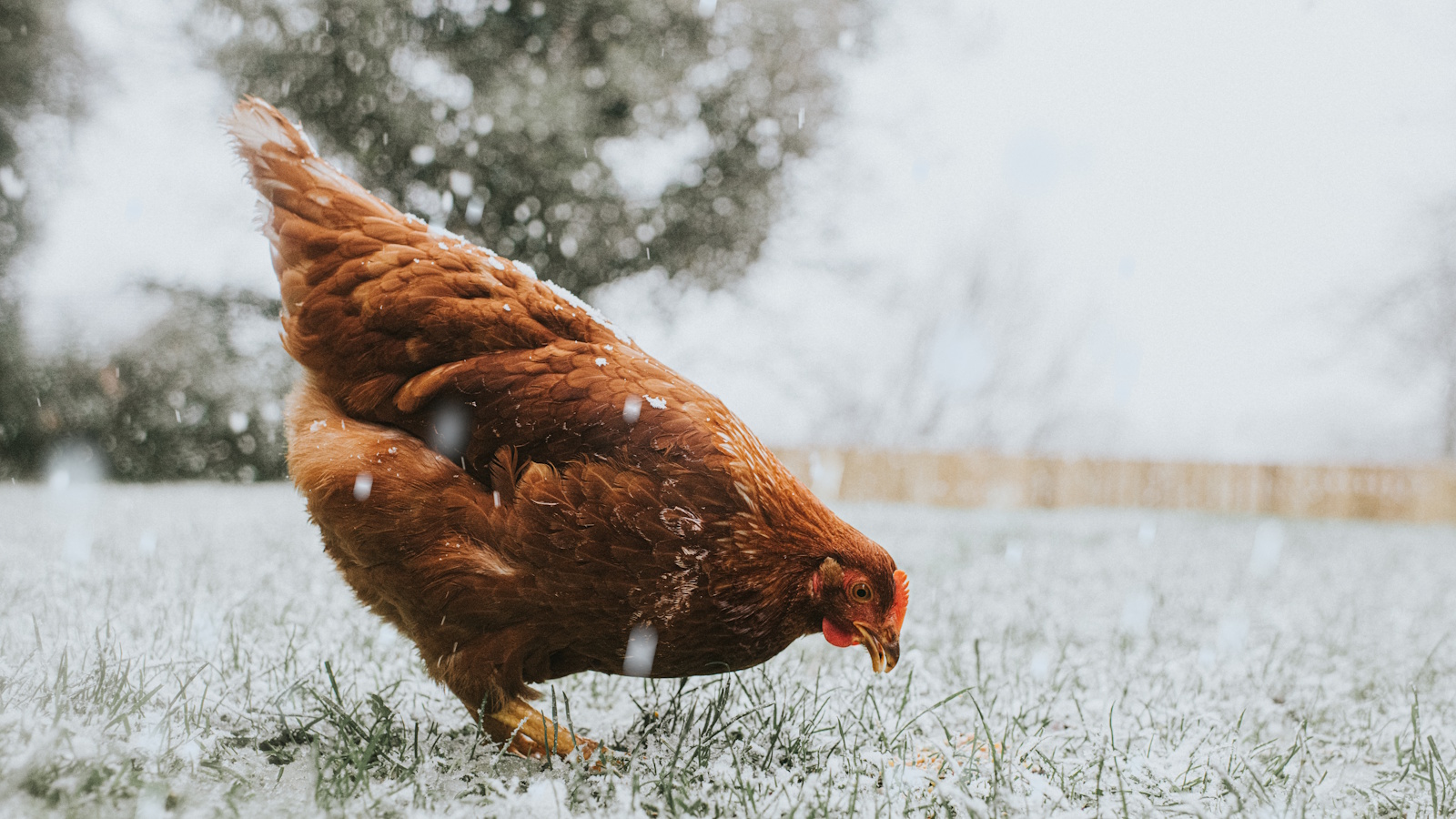
The first thing to say about caring for chickens in winter is to try not to panic when the cold weather hits. Chickens are far better equipped than us to deal with snow, frost and low temperatures.
Chickens are really adaptable to colder weather and some breeds enjoy the break from the summer, so a little planning on our part can go a long way in guaranteeing the flock's well-being.
So, if you want to learn more about how to keep chickens warm in winter without knitting them sweaters, our expert guide has all the information you need to ensure they stay healthy and happy during the winter months.
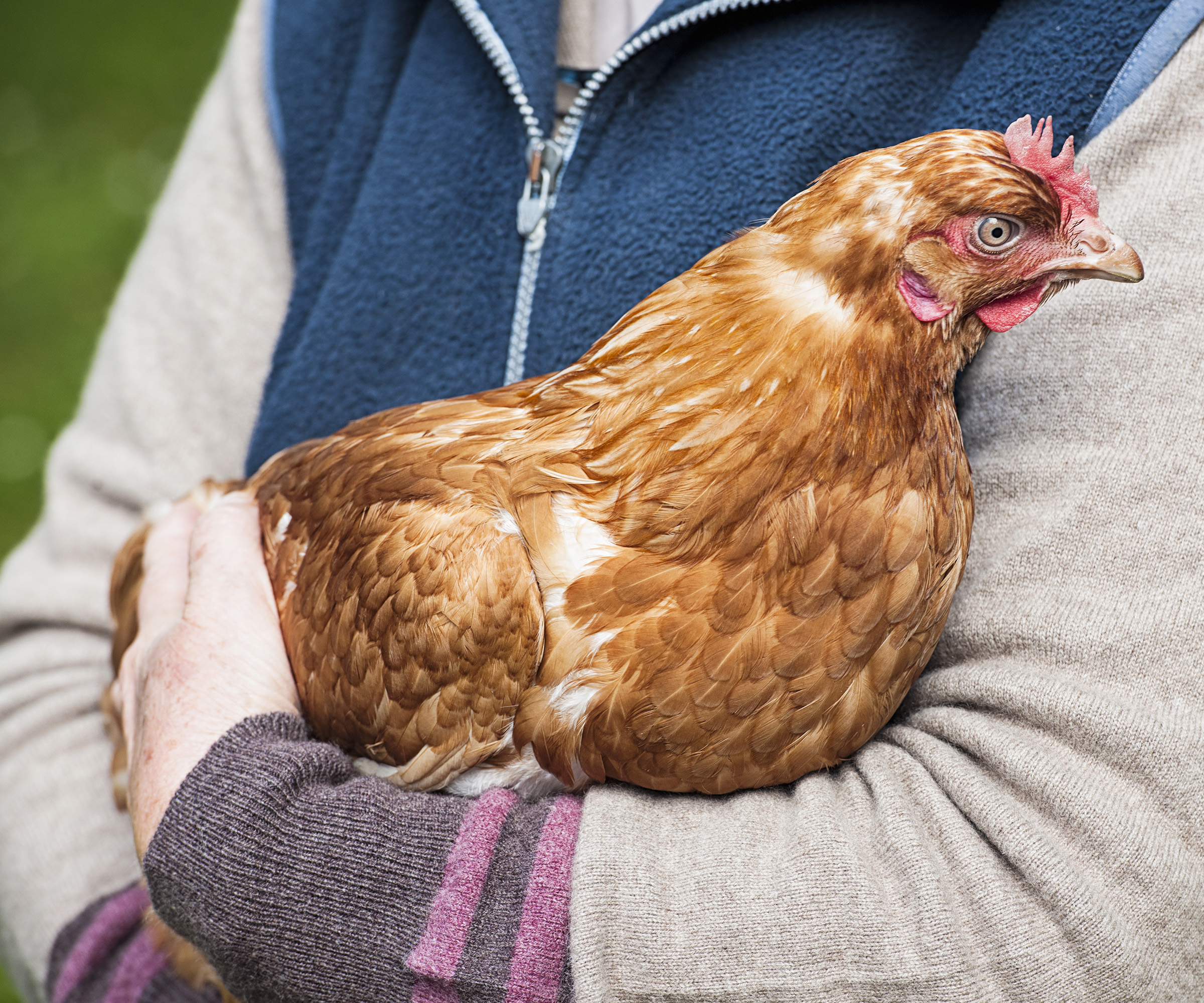
6 expert tips on caring for chickens in winter
'There are so many chicken breeds to choose from, and a little education in breed-specific care goes a long way in determining success and maintaining a healthy flock,' says urban farmer Jeff Raska.
'Chickens have inhabited every continent on this planet, and breeds have been developed for almost all climates,' he says.
Assuming you are keeping chicken breeds that are hardy for your region, you can expect that they're already well-equipped for winter.
All you need to do is take care of their basic lifestyle requirements and be aware of how these might change during cold weather.
1. Ensure they have access to water
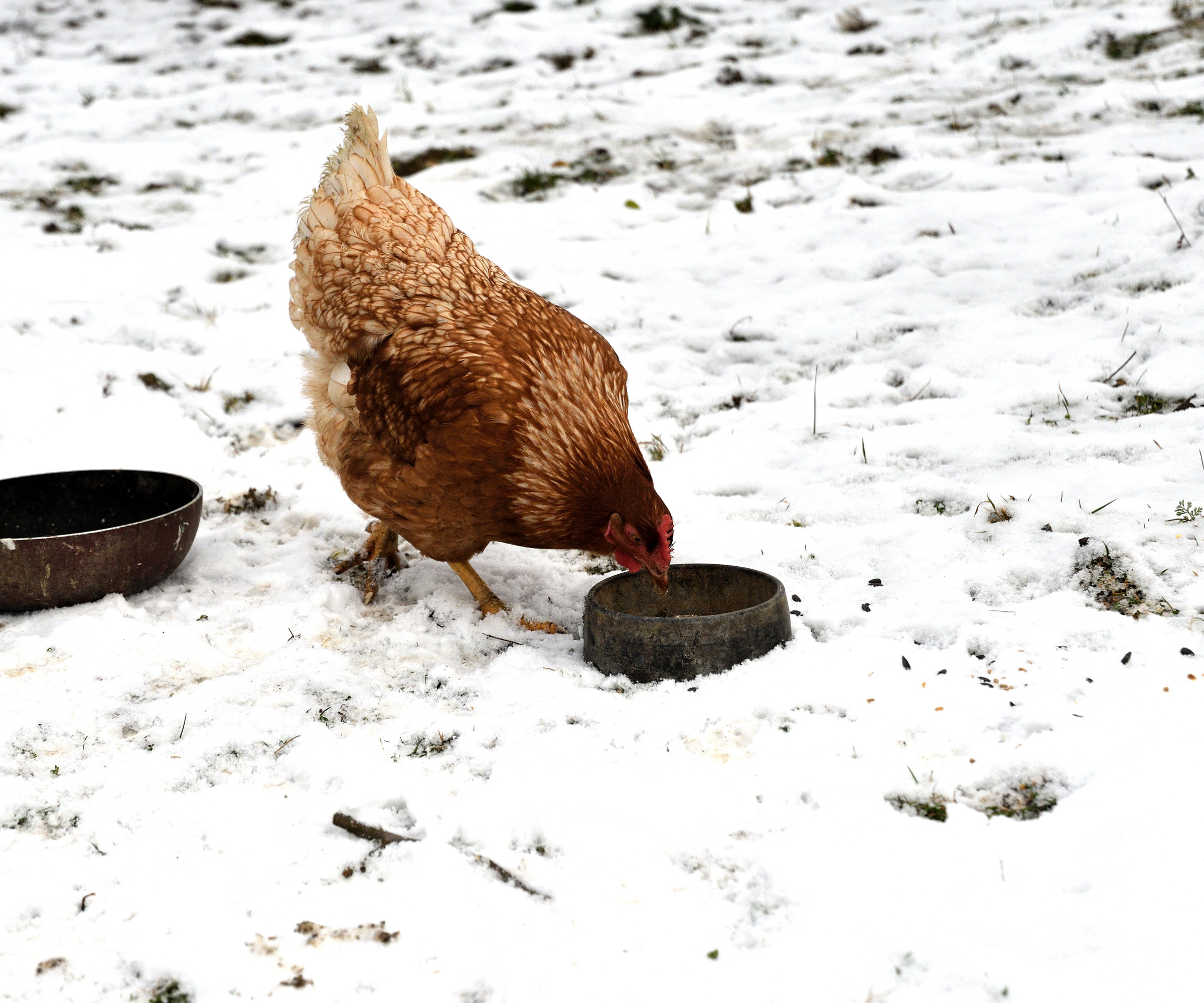
Snow doesn't count as a water source, and frozen water bowls are no good to chickens at all. They need plenty to drink during winter and it's your job to ensure they have access to fresh drinking water at all times.
As you would try to stop a bird bath from freezing, look at ways to ensure your chickens get the same treatment.
'You can buy a heater so that the water doesn't freeze,' says Deborah Niemann of The Thrifty Homesteader. Alternatively, you can try this Thermo 2.5 Gal. 60-Watt Gray Poultry Waterer at The Home Depot which will ensure their water will never freeze.
'If you don't have electricity in the coop, just give them a fresh dish of water every morning, and as long as it doesn't freeze by sundown, they'll be fine. They spend the night roosting and don't drink, so you only need to be sure they have access to water during the day,' says Deborah.
2. Up their protein intake
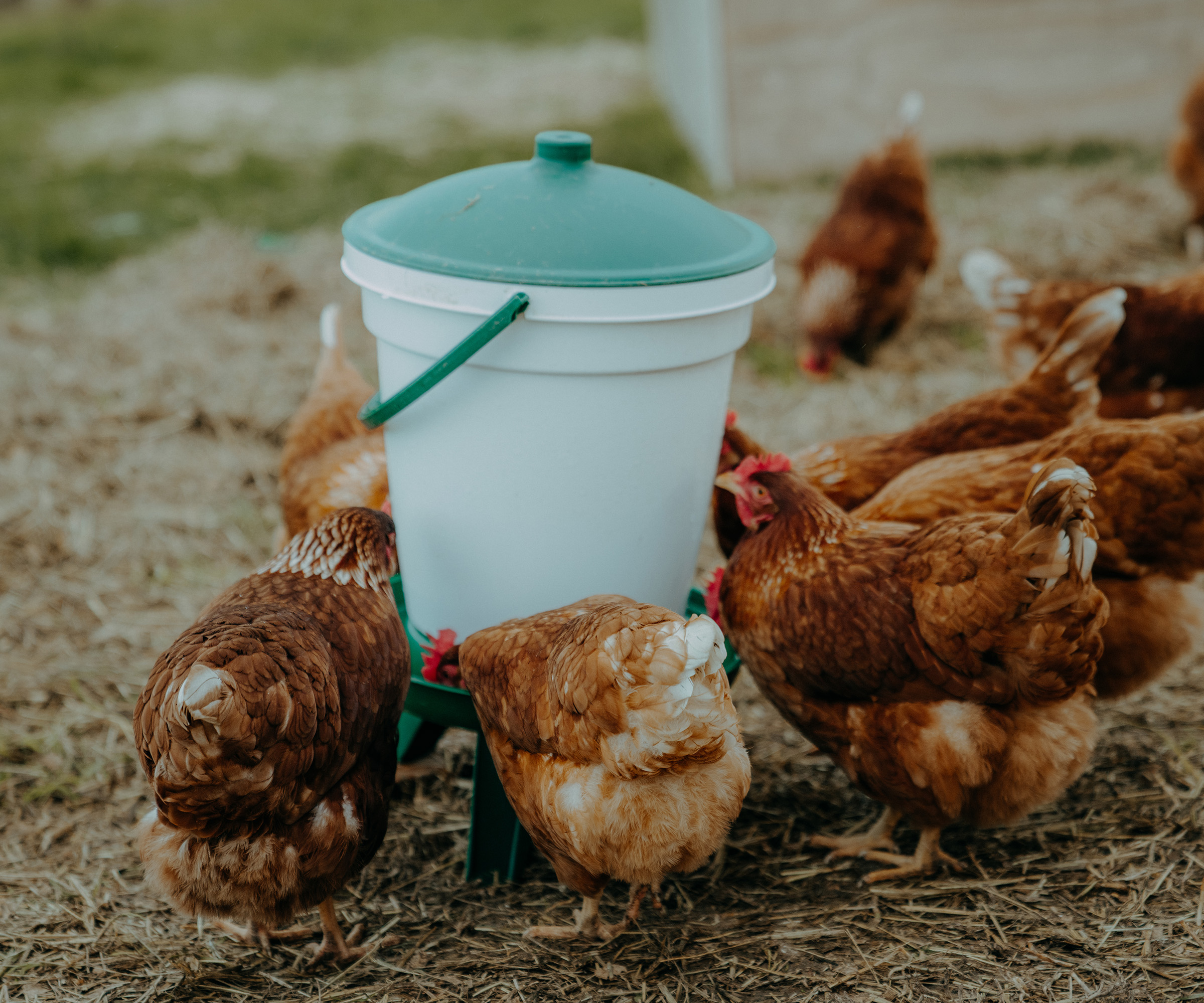
If you've been inspired by the likes of Meghan and Harry, or Carrie Underwood and want to keep chickens, it's important that you know how to feed them.
'Protein is important for chickens to maintain their body temperature,' says Deborah Niemann. Therefore take stock of what you're feeding your chickens to make sure this is adequate for winter.
'I'm a big believer that chickens should get an excellent diet with 16% protein, 12 months a year,' says Deborah. 'So if you're already doing that, they should be fine. If you are normally feeding something like scratch grain or cracked corn that has half as much protein, then you should switch to a 16% layer feed that contains the protein and calcium that your chickens need,' she adds.
3. Encourage them to move about
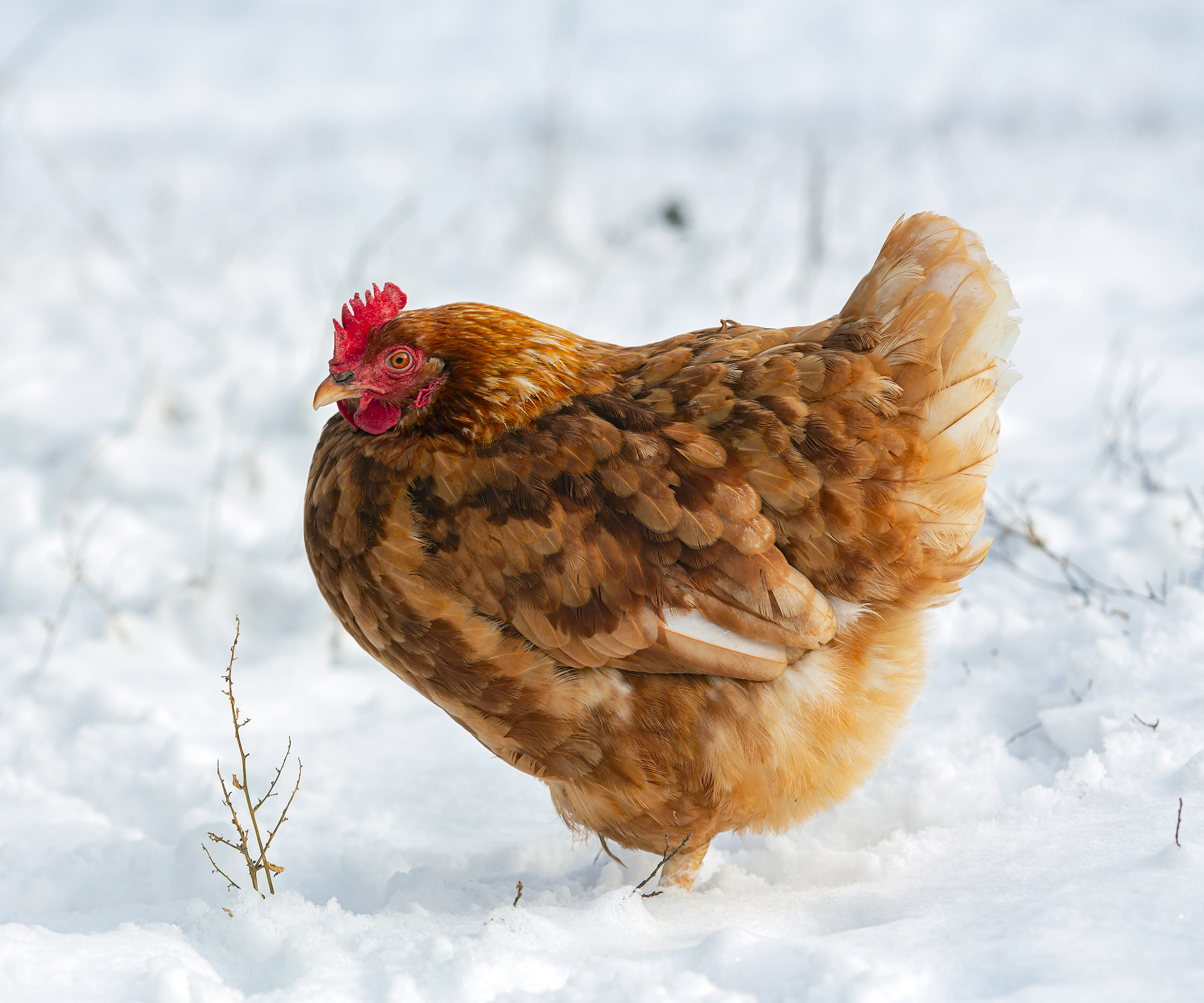
Exercise is crucial for chickens 365 days of the year, and winter is no different.
'Creating a space outside in their pen that's in the sun and out of the wind will encourage them outside for fresh air and exercise, which is so important for them,' says founder of the Fresh Eggs Daily blog Lisa Steele.
'Try wrapping one corner of your pen with tarps or clear plastic to create a sort of greenhouse effect, put some straw down on the ground and scatter treats and you'll be amazed at how much chickens will enjoy spending time outside in your backyard farm on all but the most blustery of days,' she says.
4. Keep them occupied with treats to peck
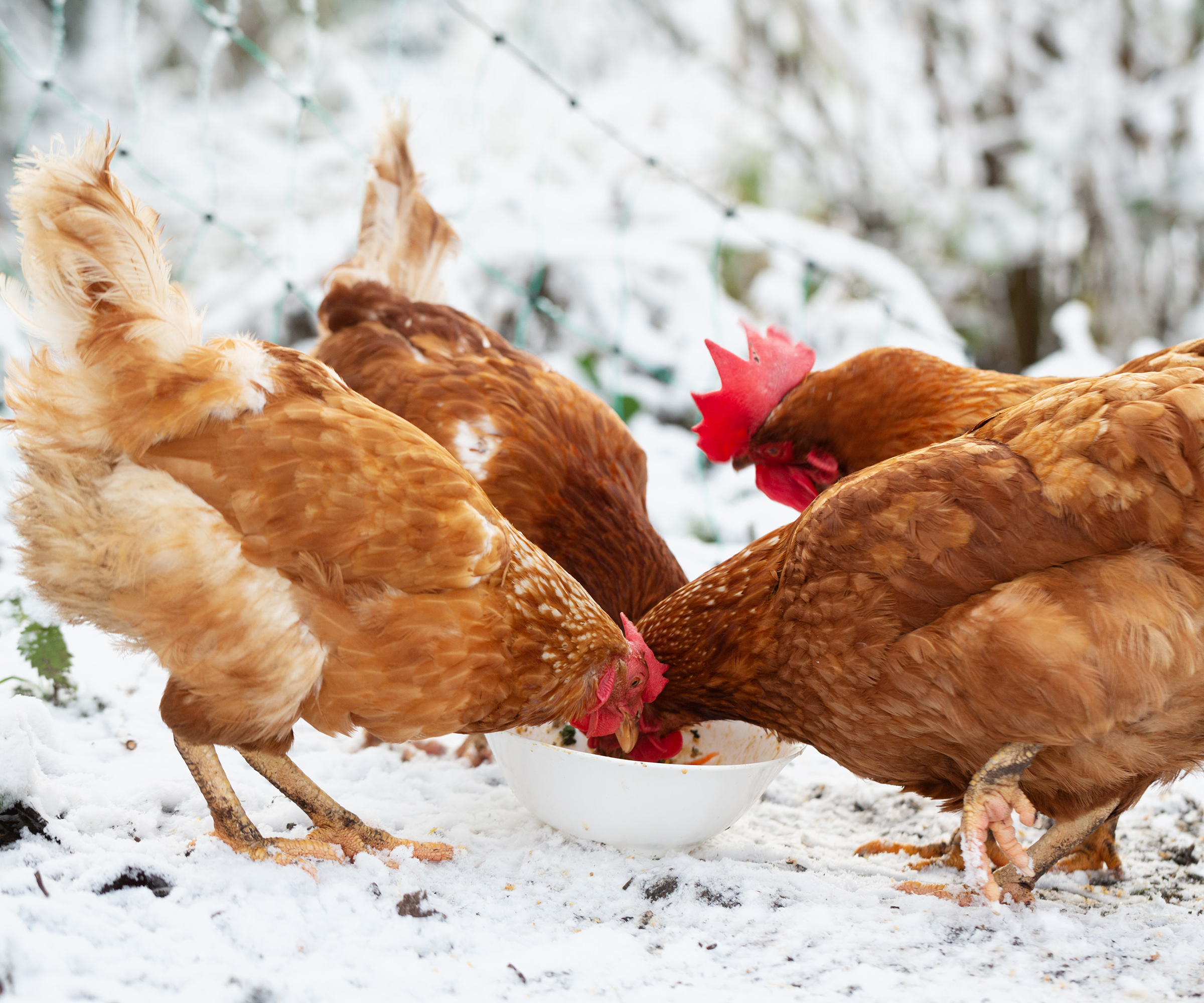
Lisa Steele likes to give her chickens things that take a while to eat, which help fill the time which they would usually spend scratching around for bugs.
'Things like scratch grains, suet cakes, sunflower seeds, cracked corn, and unsalted nuts are all good options, as well as a head of cabbage, halved squash or root vegetables like sweet potatoes or beets,' she suggests.
5. Watch out for frostbite
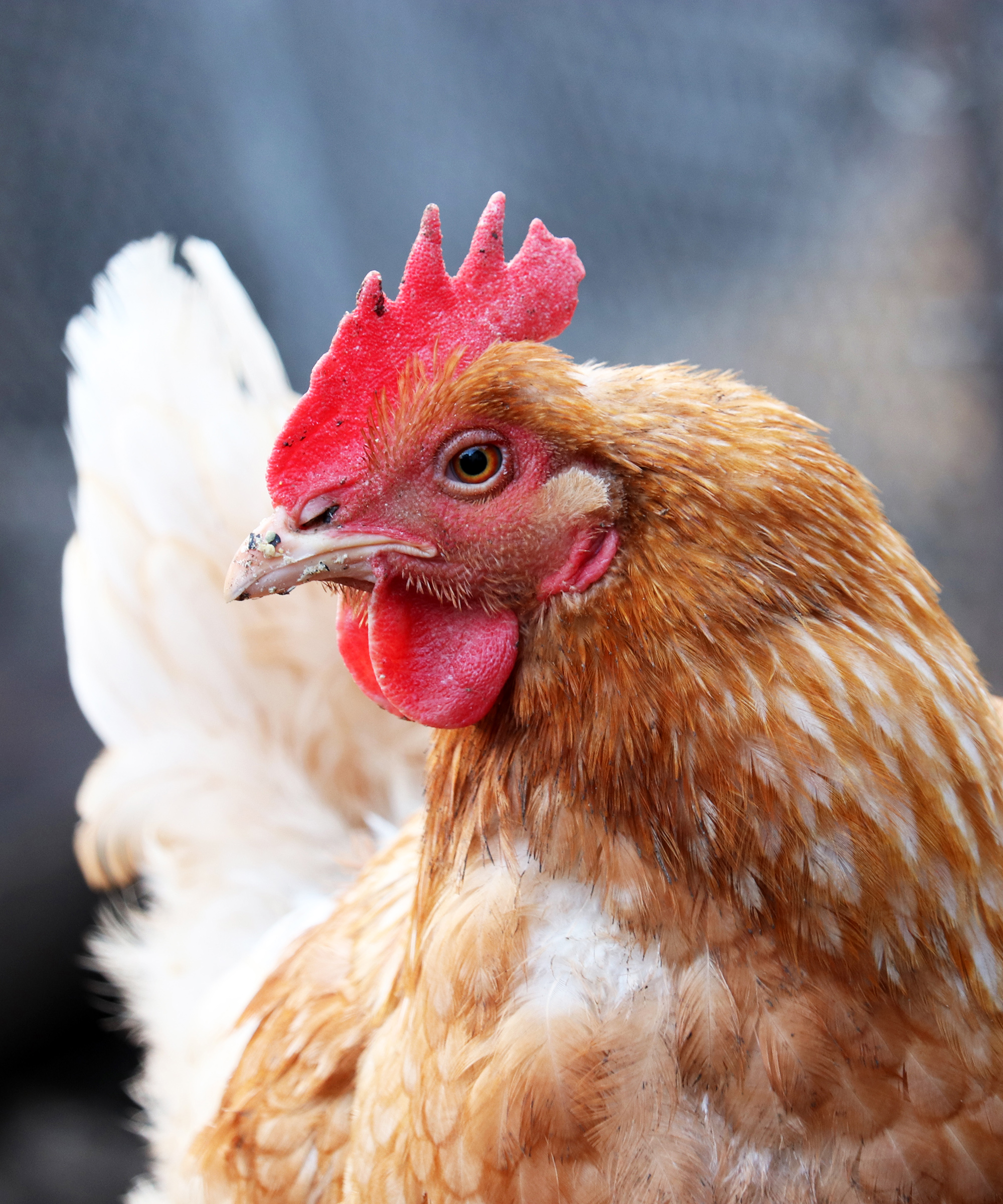
Frostbite can unfortunately affect chickens over cold periods. Lisa likes to combat this by adding some cayenne pepper or cinnamon to their diet, by sprinkling it over their feed.
'This can help improve circulation, thereby reducing the chance of frostbite on their legs, feet and combs, and also support respiratory health,' she says.
'Keeping some type of natural first aid salve, on hand in case of frostbite, to protect the affected areas, is always a good idea,' Lisa adds.
This chicken house is also suitable for ducks. It has 2 nesting boxes and is suitable for about 3-4 chickens.
6. Keep their shelters well ventilated
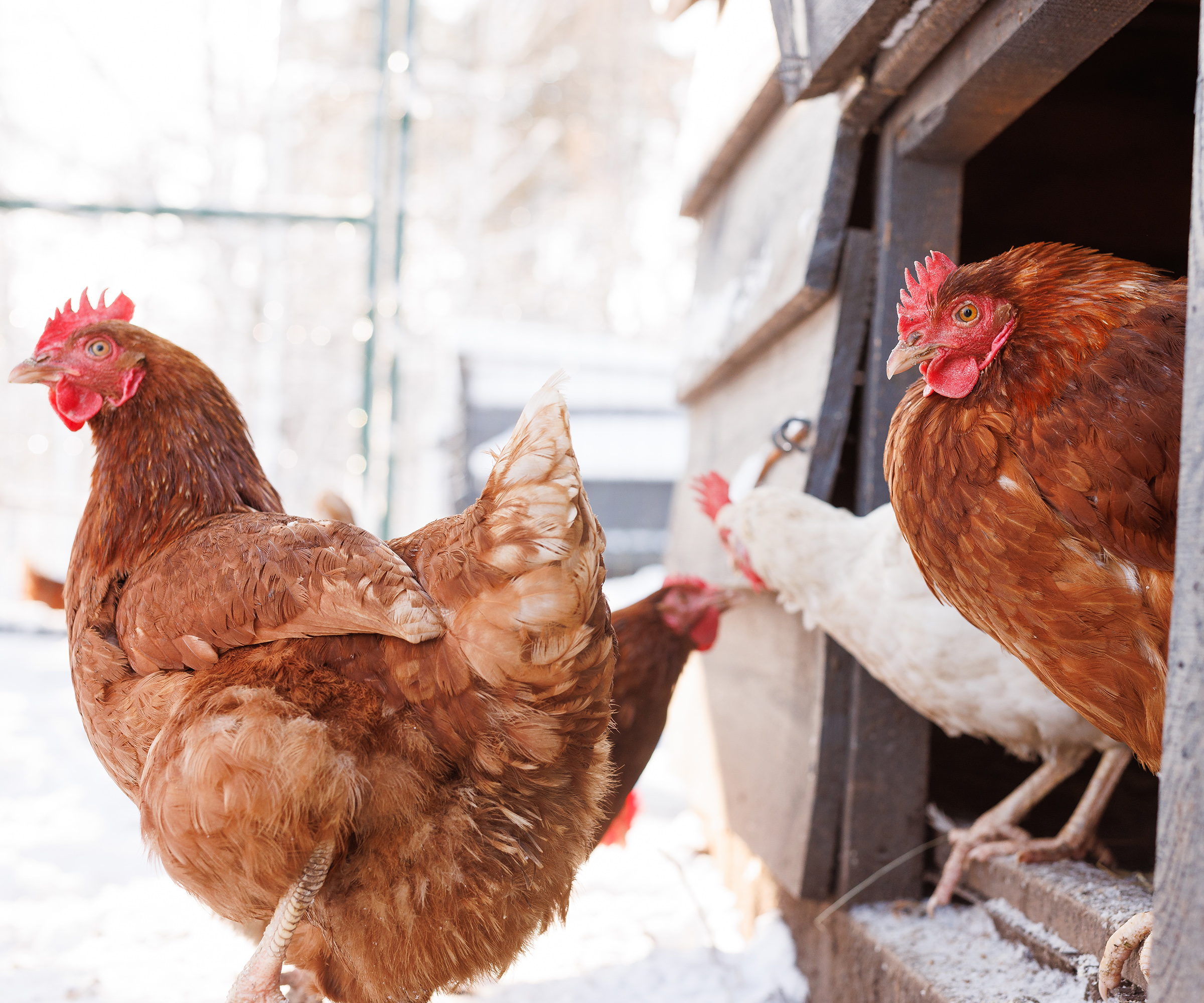
The temptation when temperatures drop below zero is to block up every crack in your hen house. But closing areas where fresh air can enter is detrimental to your chicken's health.
Ensuring that your coop has plenty of ventilation and open windows in winter can help support their respiratory health over winter, and humidity build-up is a well-known cause of their comb's freezing in cold weather.
Heat lamps aren't conducive for a fireproof backyard, but adding extra bedding for them to snuggle into a night is a great way to insulate the coop over winter.
FAQs
What to feed chickens in winter?
'Nutrition is an important factor in caring for chickens in winter as the normal insect and green plant availability will be limited, and we might need to supplement their diet through the dormant months,' says Jeff Raska.
'Adding salad greens and berries as well as freeze-dried mealworms can help fill nutritional gaps, but always keep their normal layer ration mix available and dry for grazing,' he says.
If you have a liking for feathered friends and are concerned for their well-being over cold periods, you might be interested in ways to help garden birds in winter.







